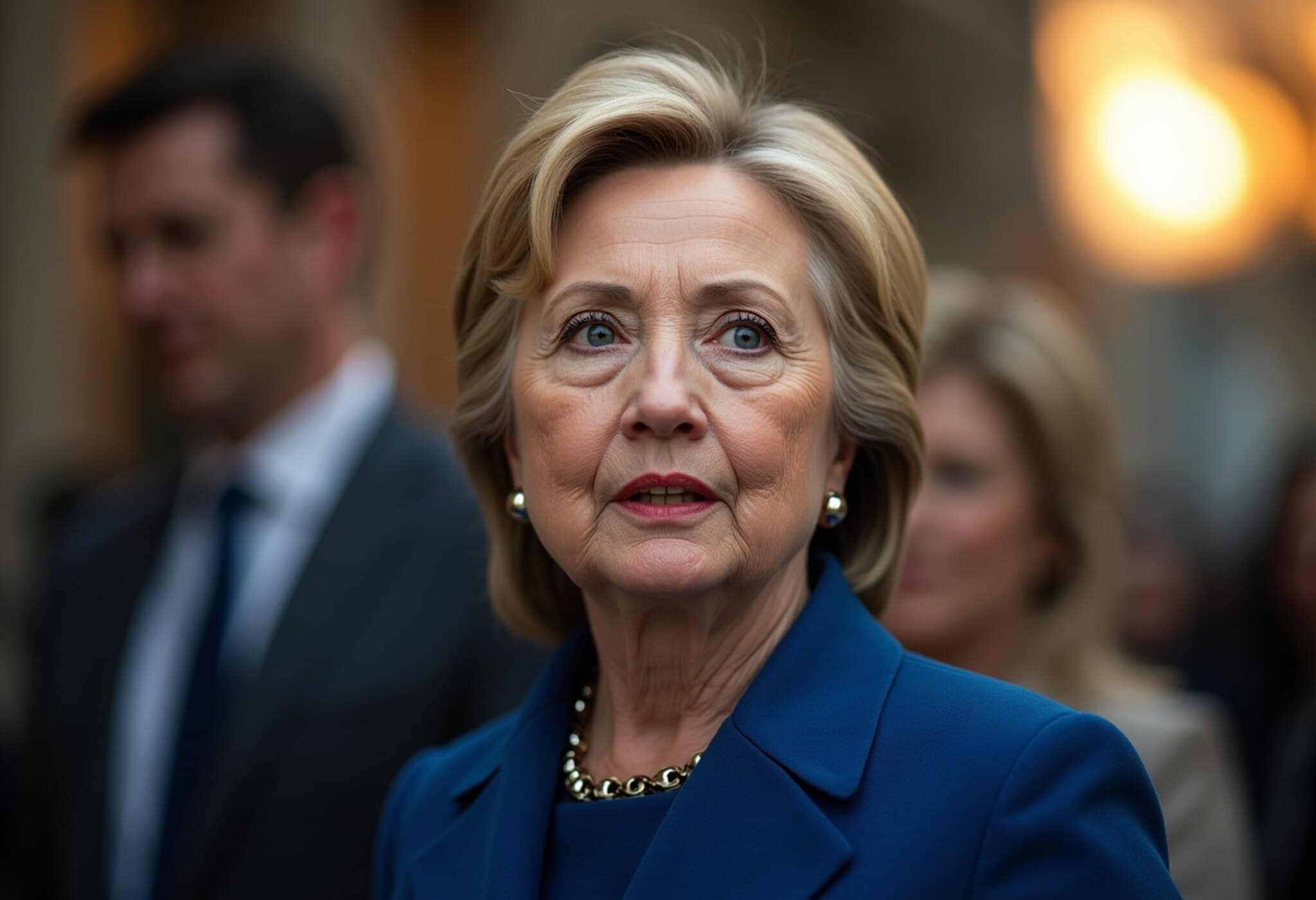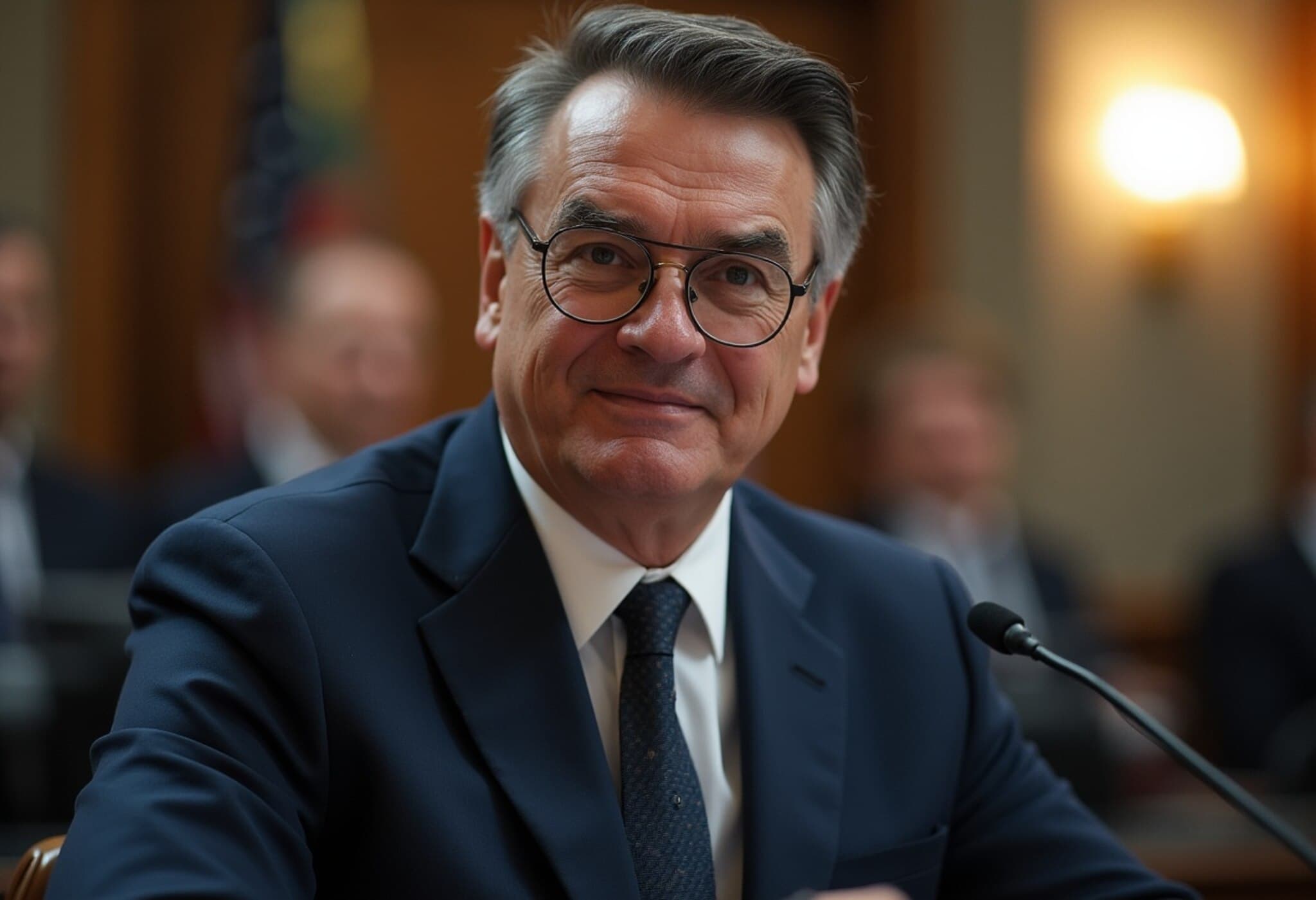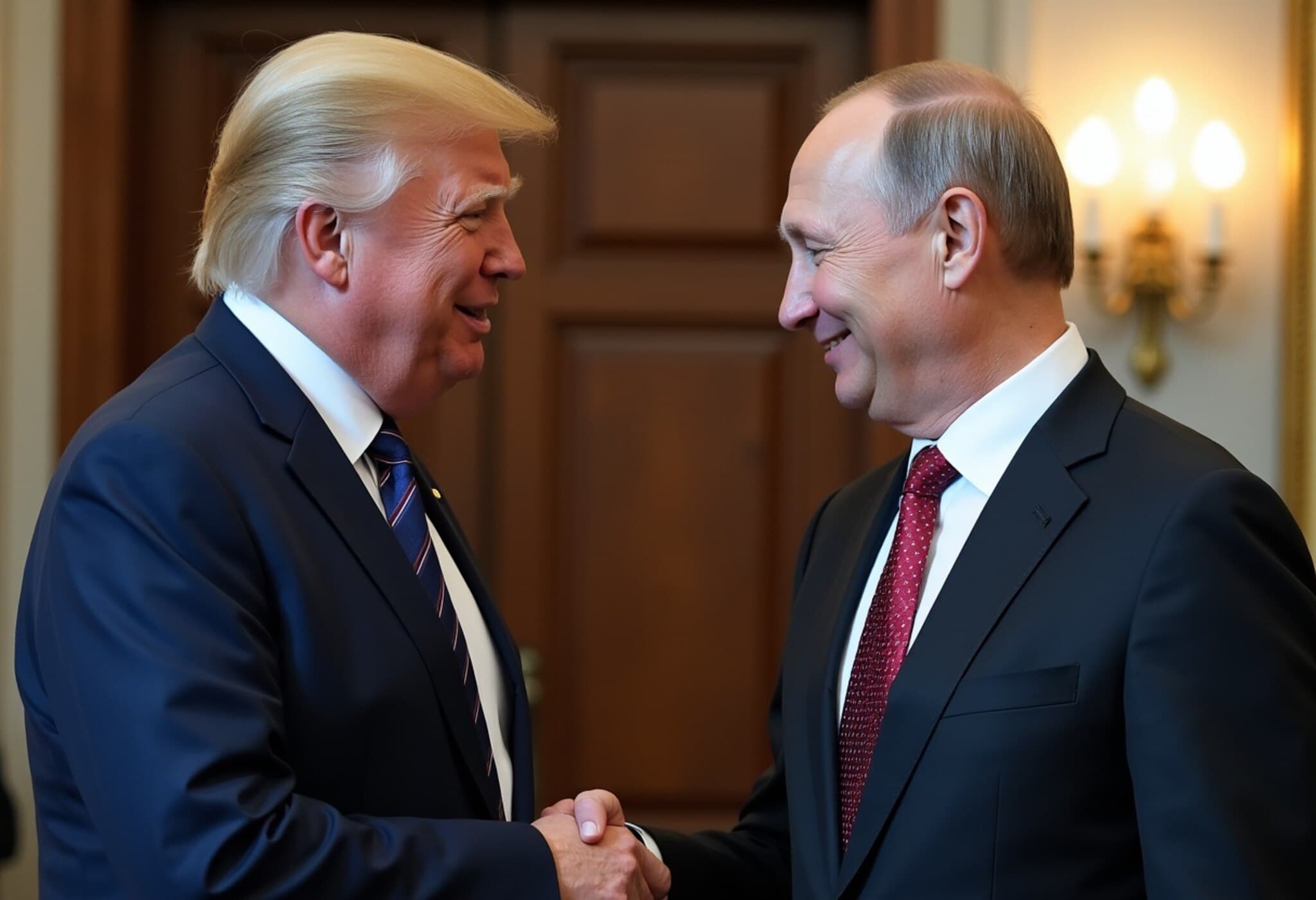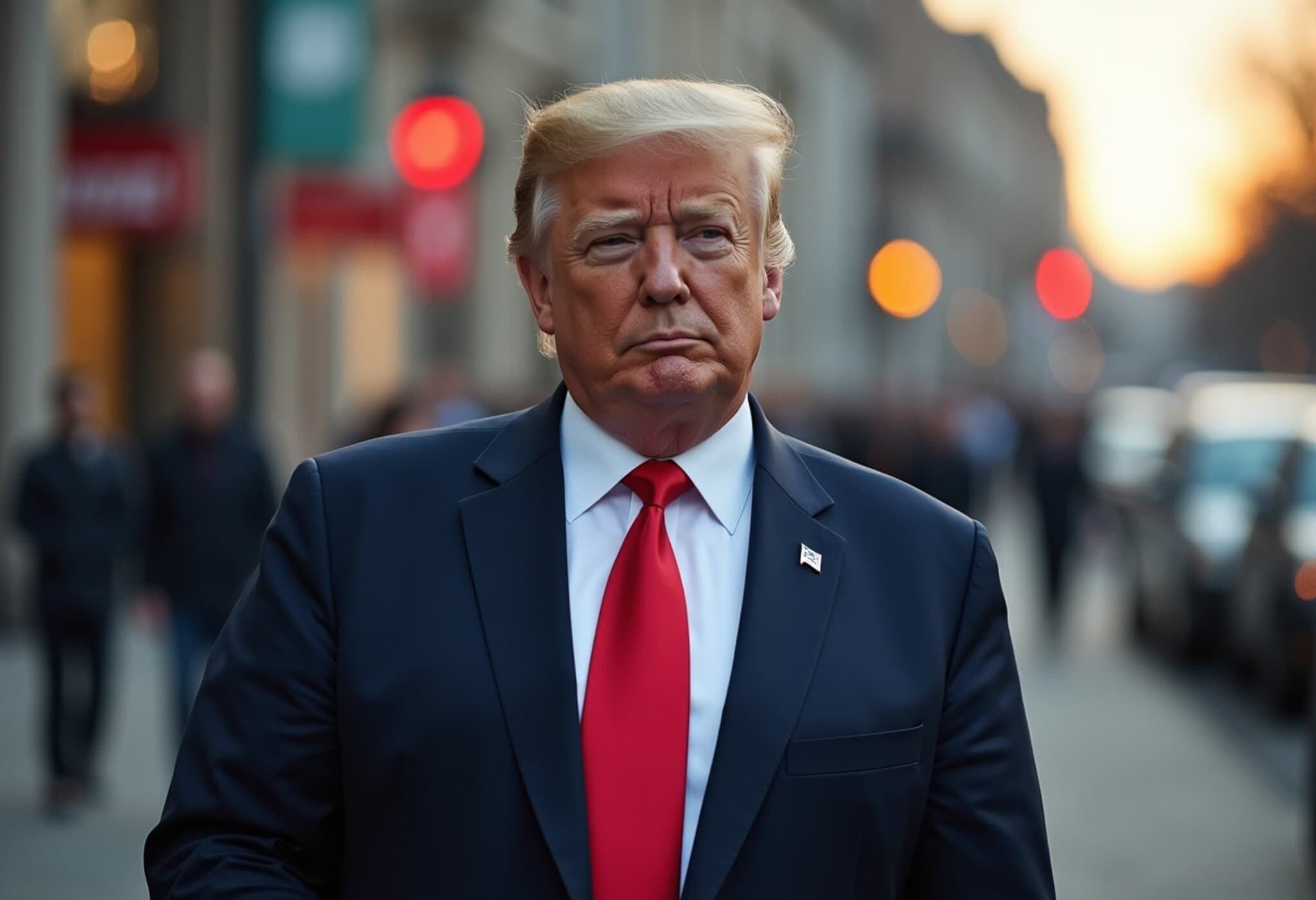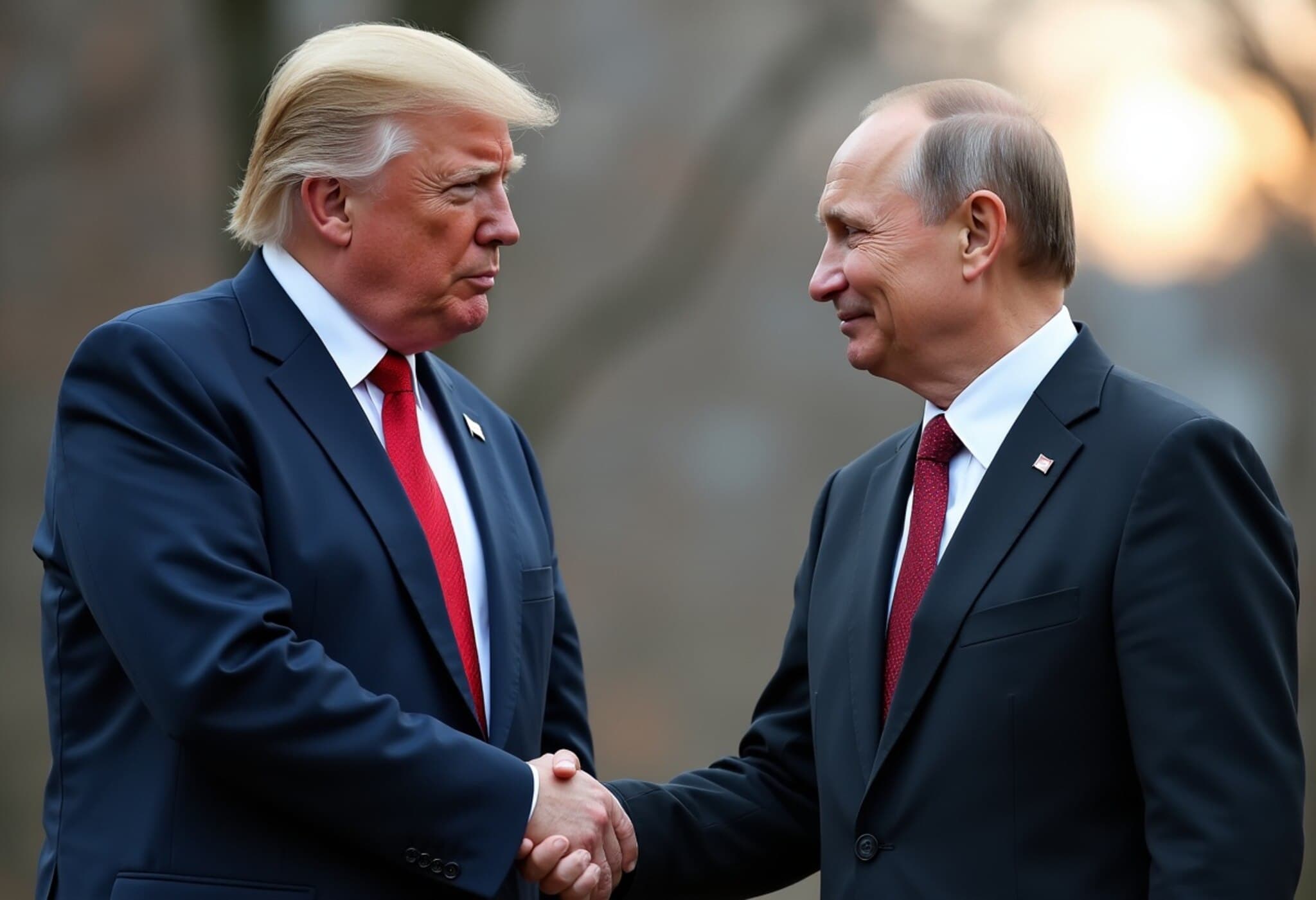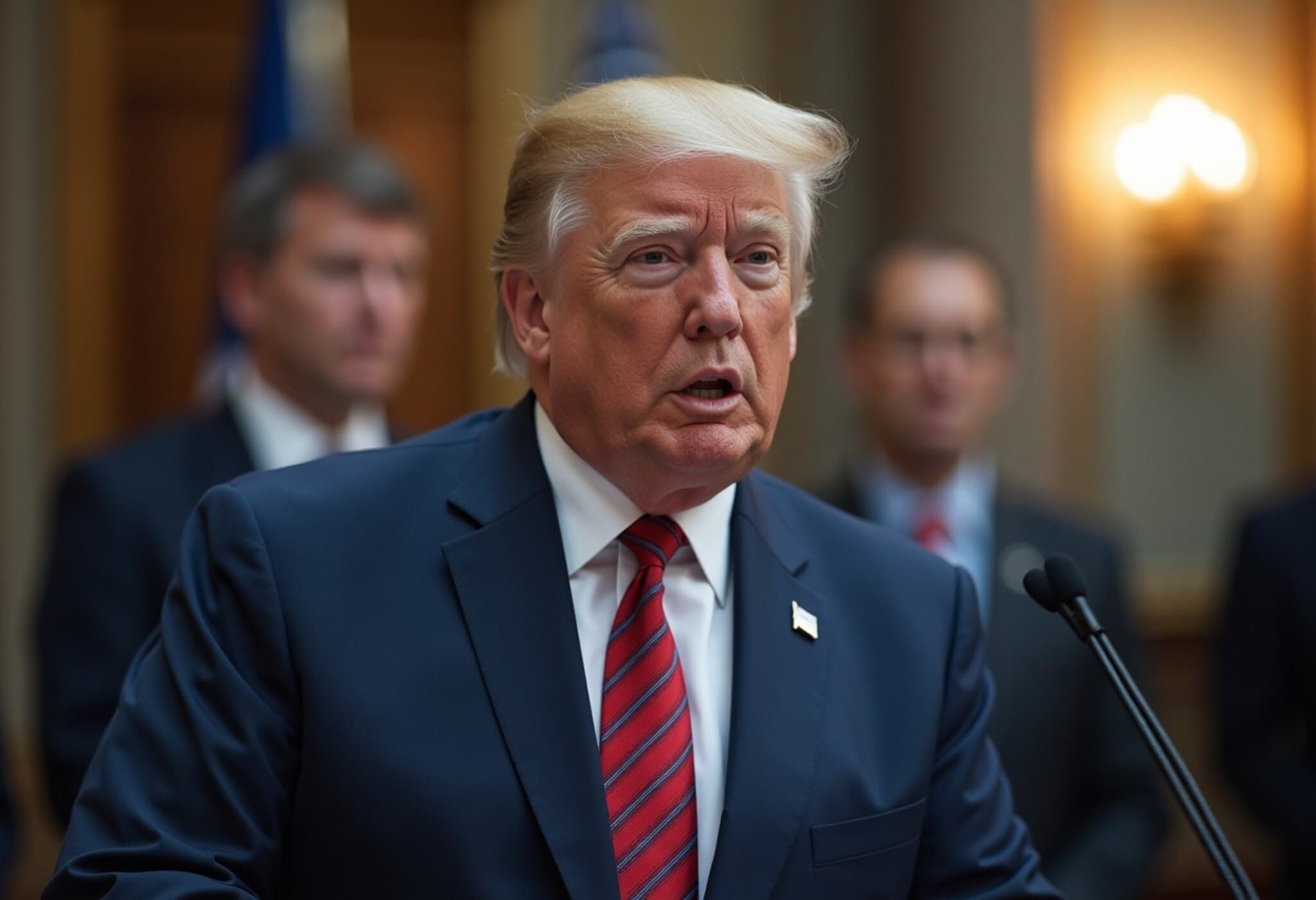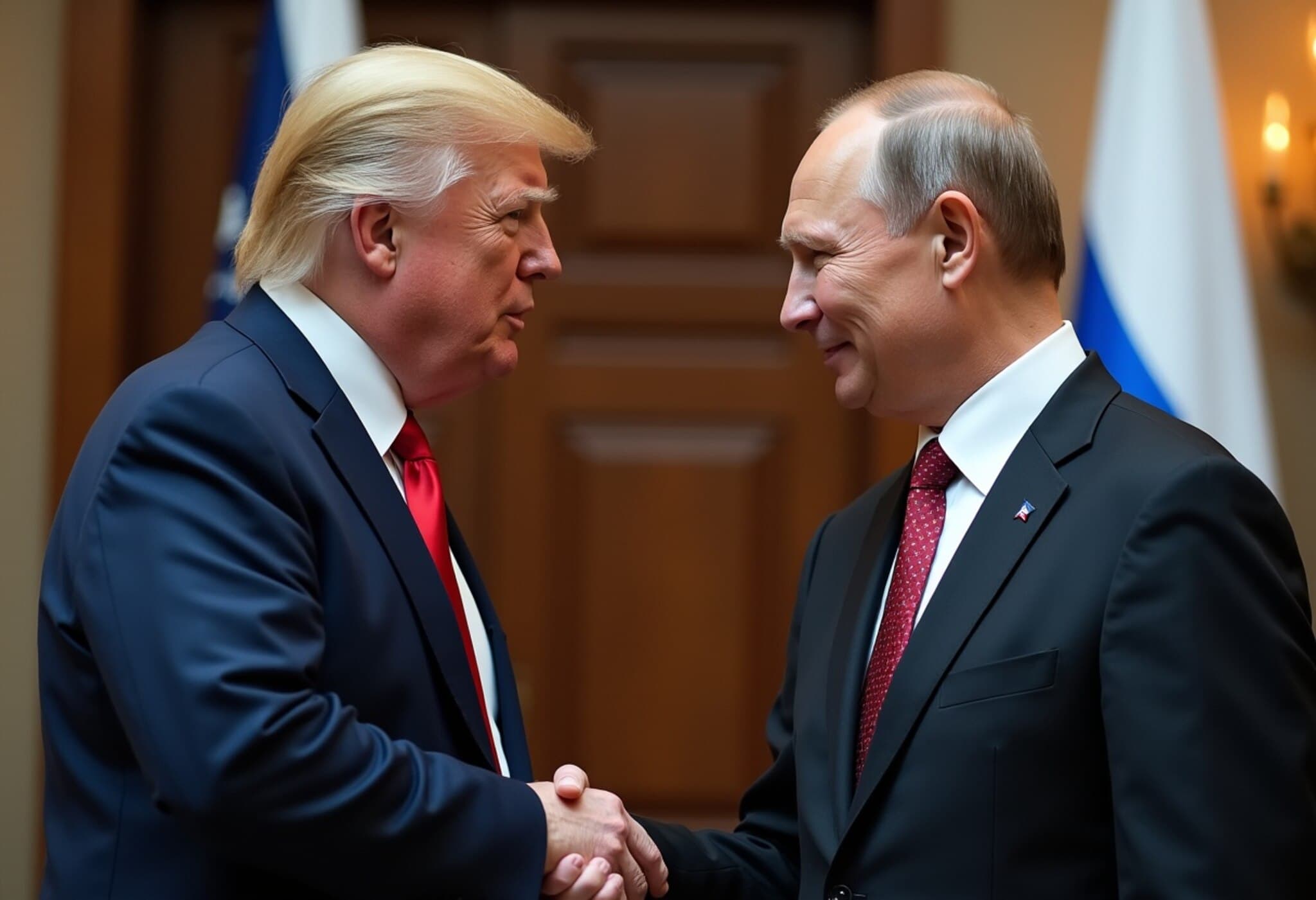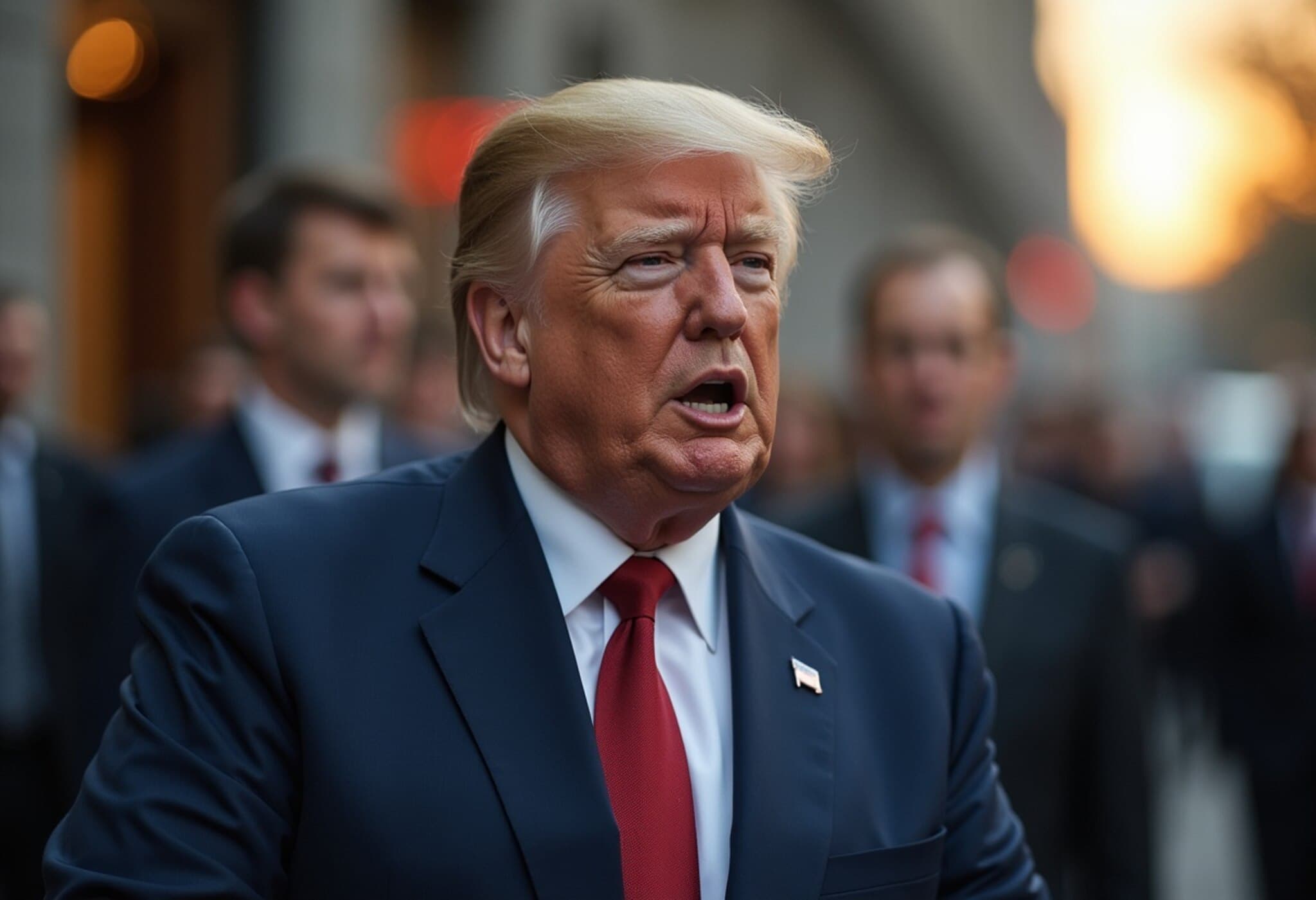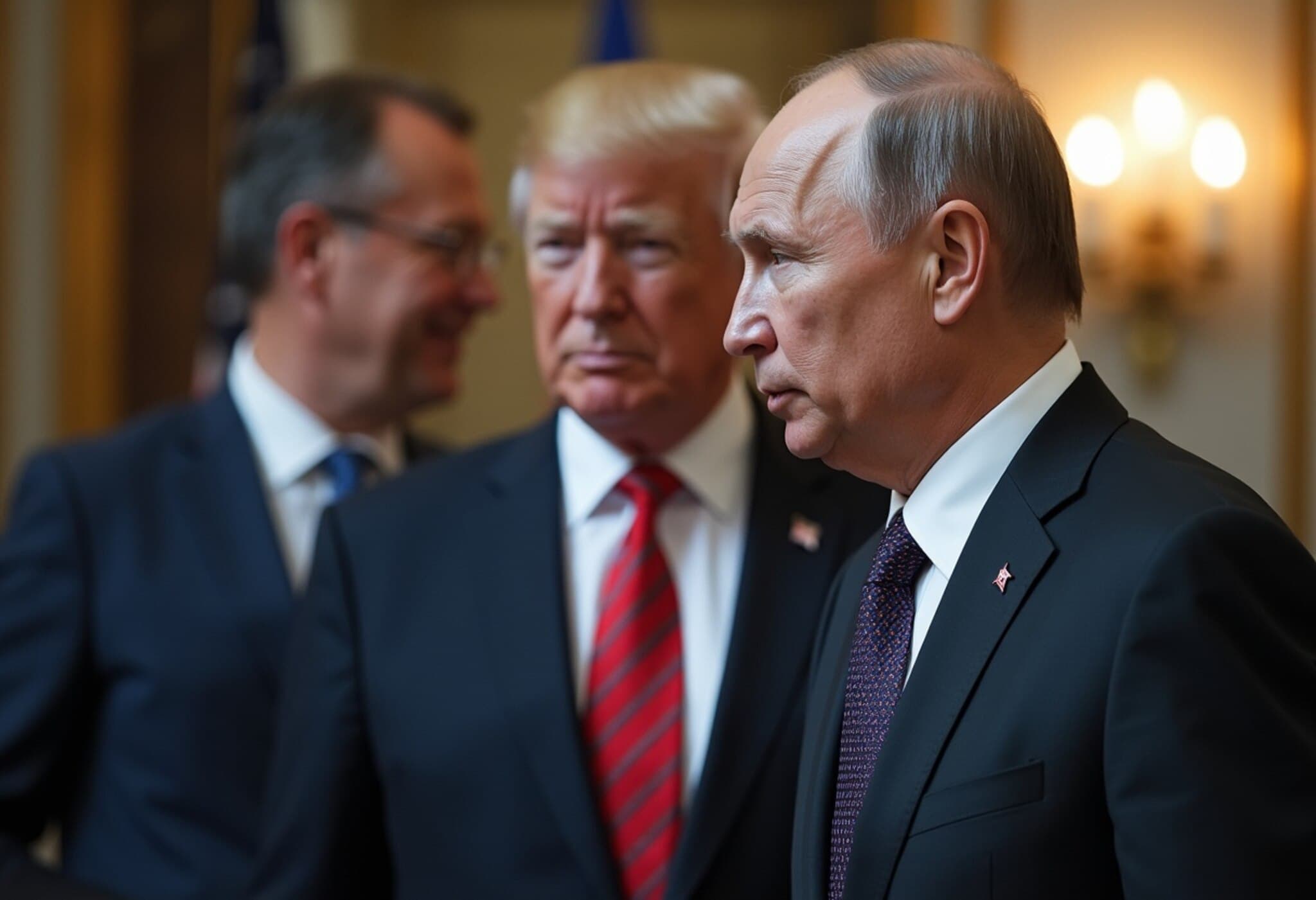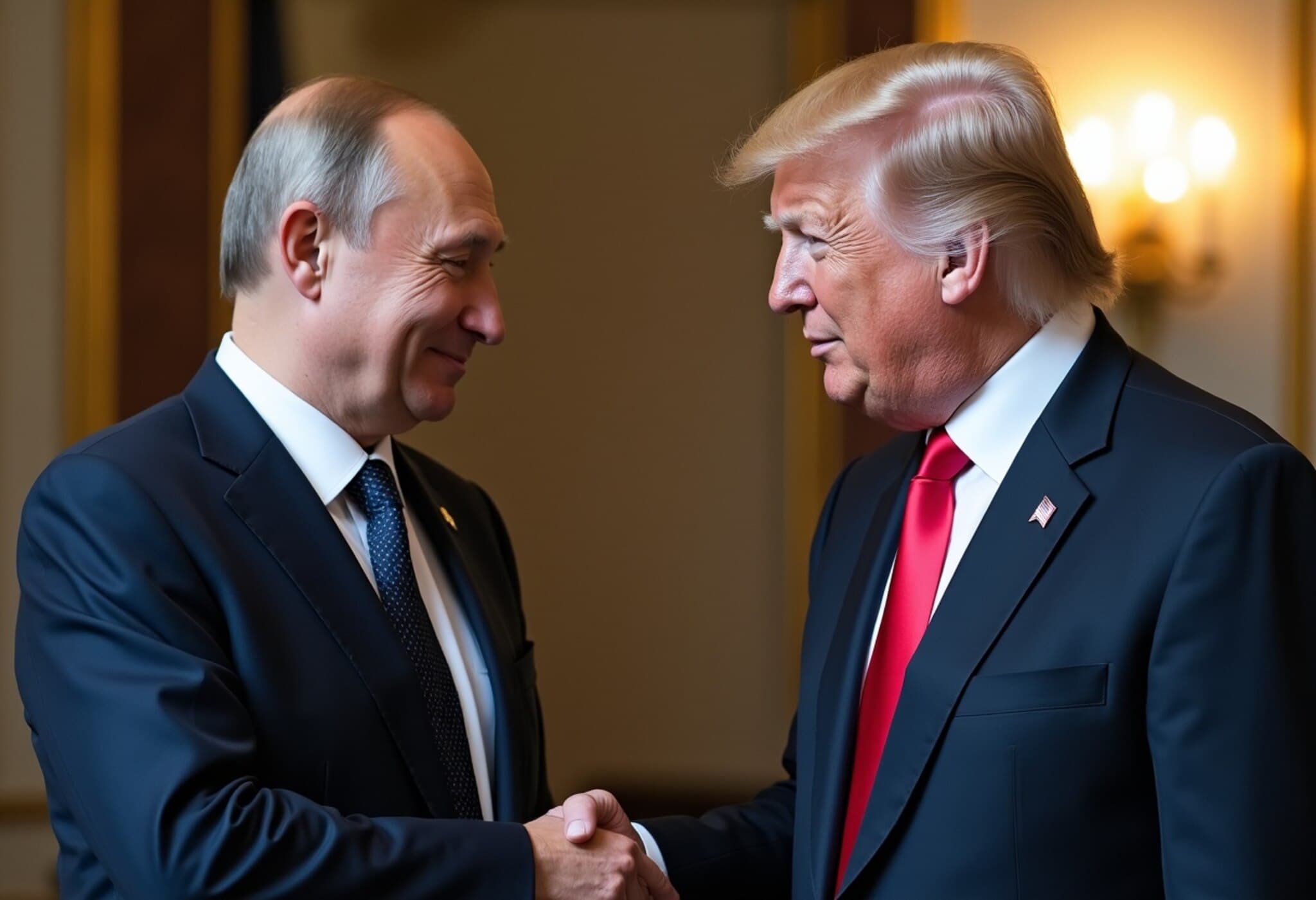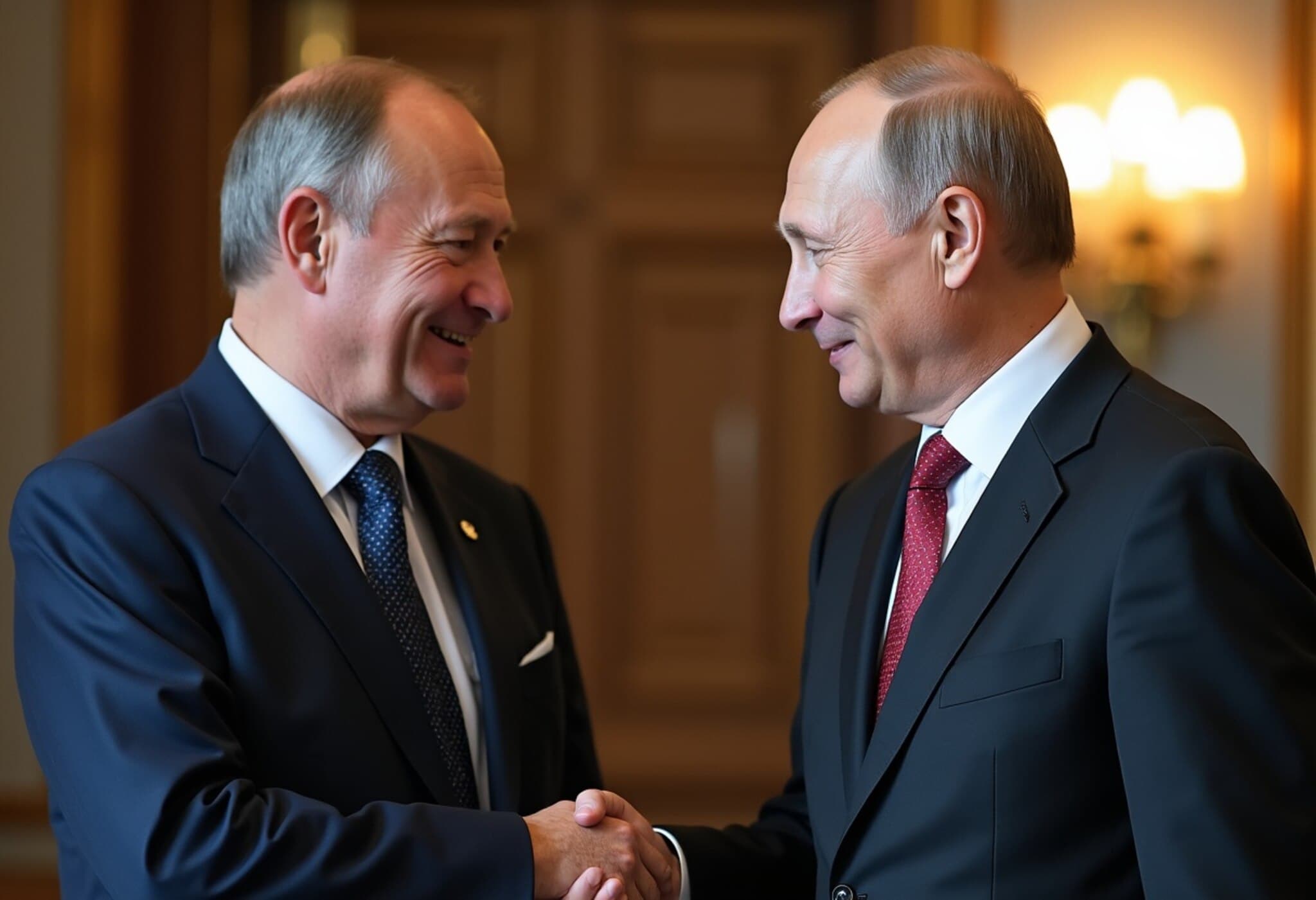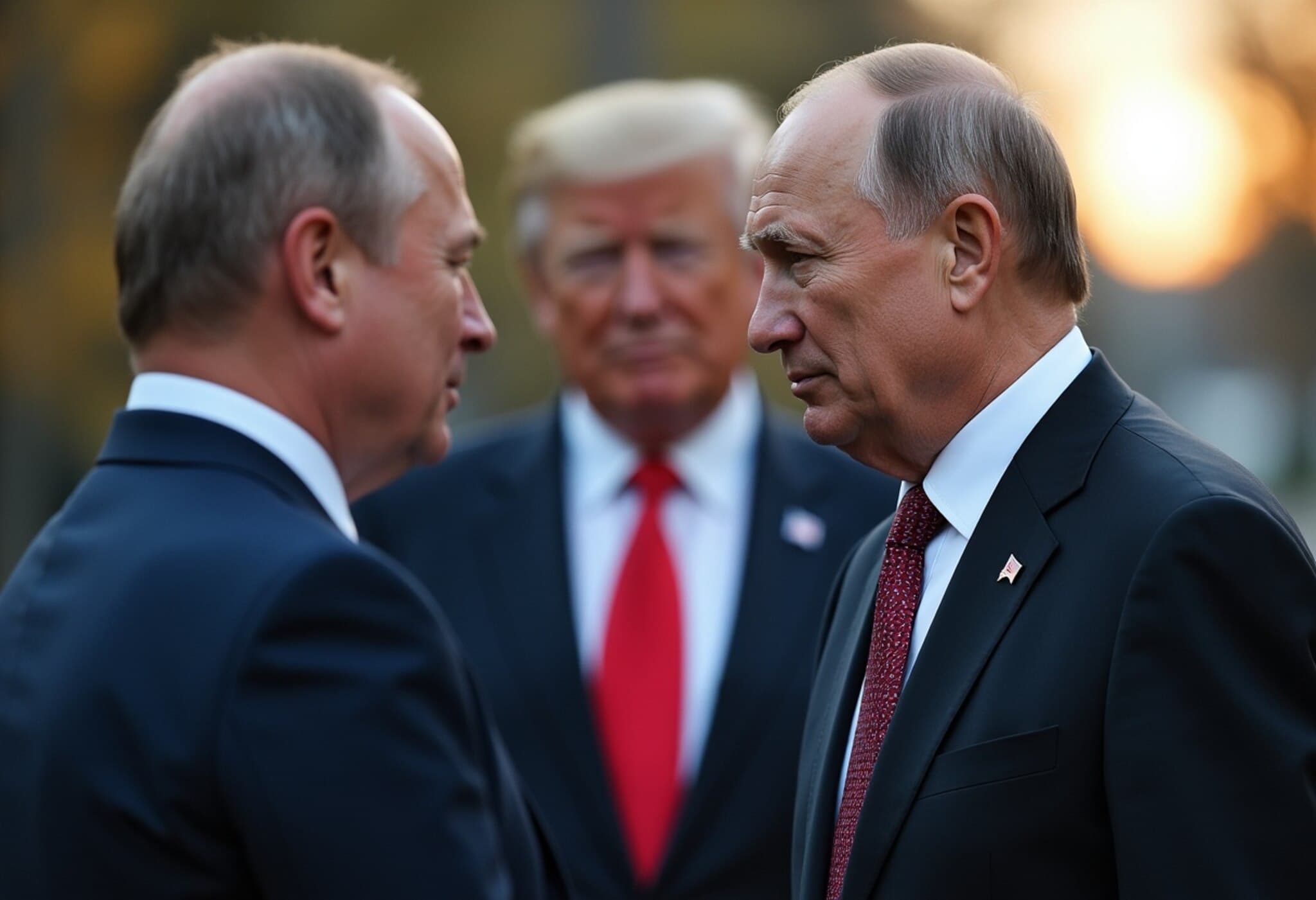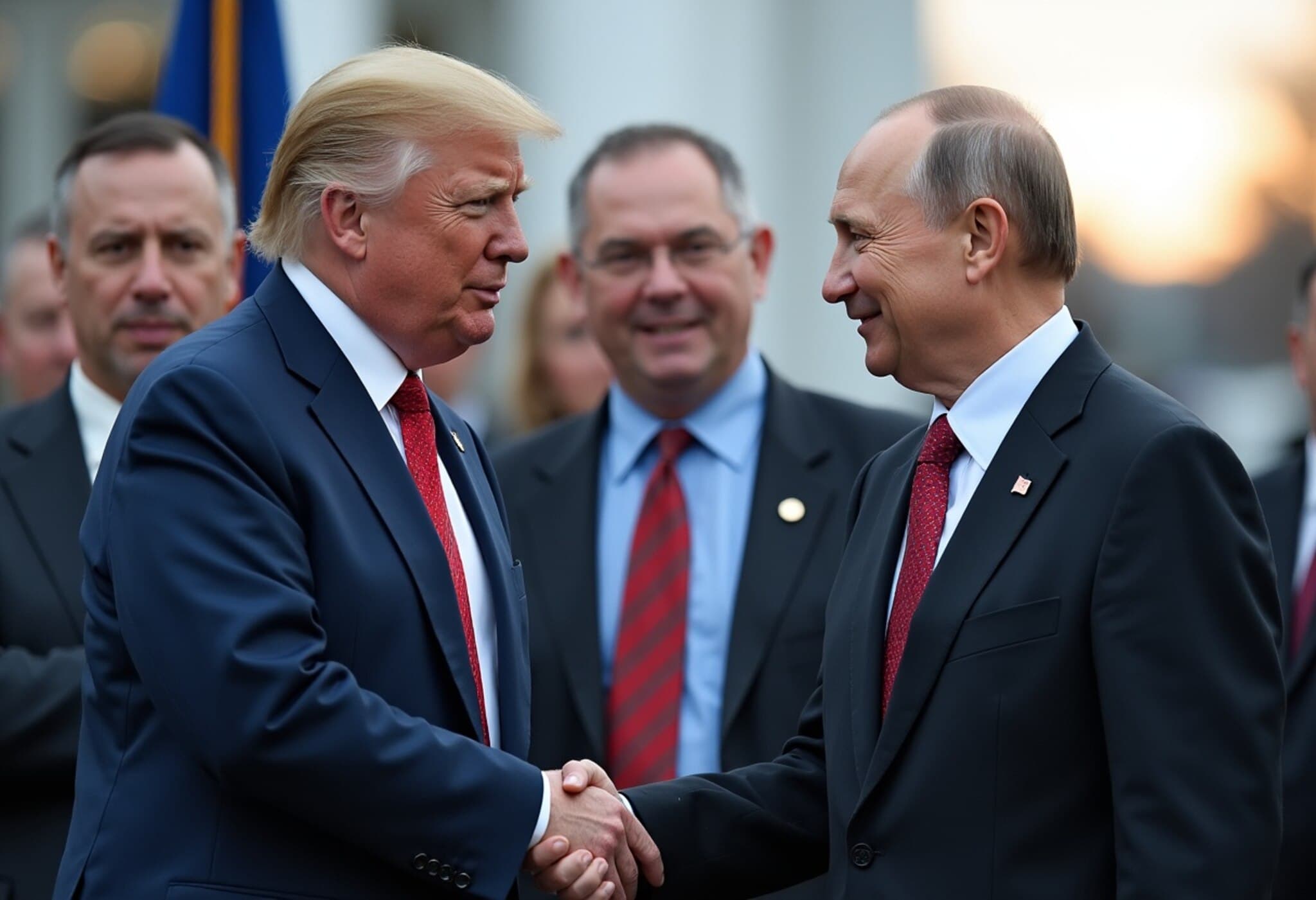Clinton Conditions Nobel Peace Prize Nomination on Ending Ukraine Conflict Without Territorial Loss
In an unexpected twist in international diplomacy discourse, former US Secretary of State and First Lady Hillary Clinton has publicly stated she would nominate former President Donald Trump for the Nobel Peace Prize—on one significant condition. Trump, her former political rival, must successfully broker a peace deal that ends the devastating war in Ukraine without conceding Ukrainian territory to Russia.
Calling for a Strong Stand Against Territorial Capitulation
During a candid discussion on Fox News co-host Jessica Tarlov’s Raging Moderates podcast, Clinton articulated a complex yet pragmatic stance. She emphasized that the central criterion for her backing would be a durable ceasefire that unequivocally rejects any exchange of land between Russia and Ukraine. In her words:
"If he could bring about the end to this terrible war… if he could end it without putting Ukraine in a position where it had to concede its territory to the aggressor… could really stand up to Putin," Clinton said.
Her comments underscore a broader concern among policymakers regarding the risks of compromising Ukraine’s sovereignty as a price for peace—an outcome that could embolden aggressive actors in the region and undermine international law.
Alaska Summit: A Pivotal Diplomatic Moment
Clinton pointed to the imminent Alaska summit between Trump and Russian President Vladimir Putin as a critical opportunity. She suggested this meeting could serve as a platform for Trump to demand a ceasefire and to make it clear that the United States—and by extension, the international community—will not sanction any territorial concessions.
"If President Trump were the architect of that, I’d nominate him for a Nobel Peace Prize," Clinton remarked. "Because my goal here is to not allow capitulation to Putin." This stance reflects a nuanced approach that balances the urgent need for peace with the imperative to uphold Ukraine’s territorial integrity.
Trump's Position: Diplomatic Engagement Without Direct Negotiation
Ahead of his meeting with Putin, Trump portrayed the summit as a hopeful step towards ending the conflict, although he left key questions open. Asked about the possibility of territorial swaps, Trump responded:
"They will be discussed, but I’ve got to let Ukraine make that decision, and I think they’ll make a proper decision." He added, "I’m not here to negotiate for Ukraine." Furthermore, Trump asserted, "If I weren’t president, Putin would take all of Ukraine. But he’s not going to do it."
Trump stressed his main goal is to draw Putin to the negotiating table rather than impose terms. Yet, he hinted the meeting might come to a quick conclusion if Putin is unwilling to compromise.
Broader Political Context: Epstein Investigation Expands
In parallel news, the House Oversight Committee, led by Republican James Comer, has intensified its probe into Jeffrey Epstein’s federal case. The committee has subpoenaed Bill and Hillary Clinton alongside several former US attorneys general for documents related to sex trafficking and a controversial 2007 non-prosecution agreement.
Bill Clinton is expected to testify in October, adding a complex political overlay to ongoing investigations entwined with high-profile political figures.
Expert Analysis: Navigating the Narrow Path Between Peace and Principle
The conflict in Ukraine represents a profound challenge for global diplomacy, where peace efforts risk being undermined by unequal power dynamics. Clinton's comment reveals a critical dilemma: Is peace worth pursuing if it entails territorial concessions that could destabilize the region further?
Her position resonates with many experts who warn that any deal perceived as rewarding aggression may set dangerous precedents, potentially encouraging further incursions elsewhere.
Moreover, the upcoming Alaska summit is being watched closely by international observers; it stands as a rare opportunity for dialogue between a former US president and Putin, potentially influencing not only the fate of Ukraine but also setting the tone for US-Russia relations moving forward.
What’s Next?
- Watch the Alaska summit for developments in ceasefire commitments and peace negotiations.
- Monitor the House Oversight Committee’s progress on Epstein-related subpoenas and testimonies.
- Assess the broader geopolitical ramifications of any territorial discussions surrounding Ukraine’s sovereignty.
Editor’s Note
Hillary Clinton’s poised support of Donald Trump, conditioned on ending the Ukraine war without territorial concessions, reveals the intricate balancing act between diplomacy and principle in contemporary international relations. It challenges both leaders and the global community to consider what true, lasting peace in Ukraine looks like—and at what cost.
As this story evolves, readers are encouraged to reflect on the interplay between realpolitik and ethical leadership in times of conflict. The upcoming Alaska summit may well be a watershed moment that either advances peace or deepens geopolitical fissures.

